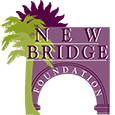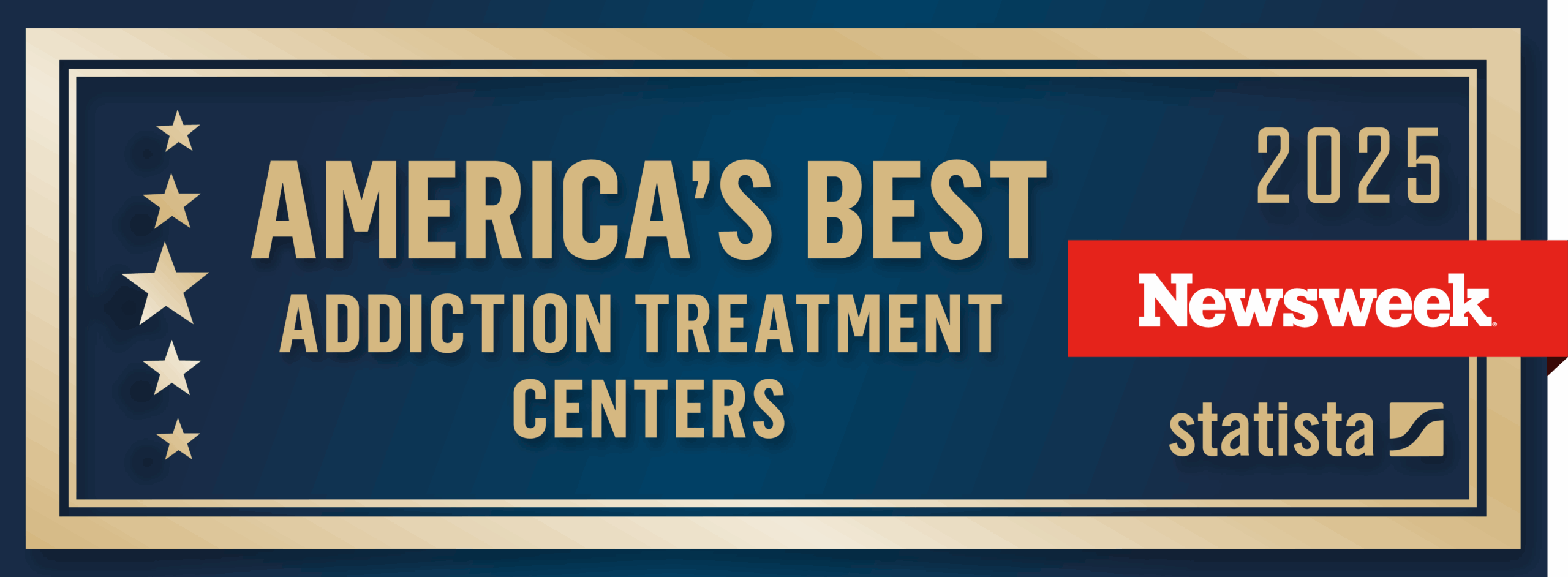Starting rehab is a big step, and it’s natural to wonder what those first few days will look like. At New Bridge Foundation®, we know the unknown can feel intimidating, but we also know the difference that compassionate, structured care makes. This walkthrough gives you a step-by-step look at your first weeks in treatment so you can feel more prepared and at ease.
The rehab intake process
The process begins even before you arrive by providing you with a free, psychosocial assessment (provided virtually) that helps determine whether or not you are appropriate for treatment at New Bridge Foundation®.
Virtual assessment
Expect:
- A full psychosocial assessment with a complete review of your substance use history, physical and mental health history, developmental history, work life history, and current needs.
- After receiving the psychosocial assessment, we will let you know whether or not we feel New Bridge Foundation® can help with your addiction, and if so, which level of care might be most appropriate.
In-person admissions
When you arrive, the process begins with intake and orientation. This is where the team learns about your needs and starts building a care plan that works for you.
Expect:
- To arrive at the facility and complete all of the necessary paperwork that will enable you to begin the program.
- If you’re facing withdrawal symptoms, our medical staff may recommend detoxification services, where you’ll receive safe, 24/7 support to manage symptoms and stabilize before moving forward.
- Orientation: Includes an introduction to our campus, guidelines, and daily structure.
Days 1–2: Settling in and meeting your treatment team
Your first couple of days are about building connections and adjusting. You’ll meet the counselors, therapists, and medical staff who will guide your recovery.
- Screenings may address both substance use and co-occurring mental health conditions, so your care plan covers all aspects of your health.
- You’ll be paired with a primary counselor and begin developing an individualized treatment plan tailored to your goals.
It’s normal to feel nervous or even resistant in these early days. Our team is here to help you feel supported as you settle in.
Daily schedule in residential rehab: Routine, meals, and groups
Once you’re settled, you’ll begin adjusting to a steady daily rhythm. Structure is part of the healing process, and a typical day may include:
- Regular mealtimes and personal care routines to build stability.
- Group and individual counseling sessions, where you’ll begin exploring the root of addiction and learning new coping skills.
- Free time for rest and reflection, balanced with therapeutic programming.
A program like our short-term residential rehab gives you the focus and support needed to begin recovery without the distractions of daily life.
What kinds of counseling will you experience in the first week?
Counseling is central to treatment at New Bridge Foundation®. During your first week, you will likely participate in:
- Individual counseling using approaches such as cognitive-behavioral therapy (CBT).
- Group counseling that offers connection and support with peers in recovery.
- Holistic approaches like mindfulness, fitness, and other whole-person supports.
Over time, we may also integrate family counseling to begin rebuilding trust and communication with loved ones.
Common emotions in the first week of addiction treatment
The start of treatment often stirs up a range of emotions. Many people experience:
- Fear or anxiety about the unknown.
- Frustration as they adjust to new routines.
- Relief and hope when realizing they’re not facing recovery alone.
Every emotion you experience has a place in the process. Our counselors will help you work through them and begin practicing relapse prevention strategies that support long-term success.
Tips for succeeding in your first week of rehab
Your first week lays the foundation for everything ahead. A few ways to make the most of it:
- Keep an open mind and trust the process.
- Build simple, healthy habits like rest, hydration, and participation.
- Stay engaged in group sessions and individual counseling, even if it feels uncomfortable at first.
- Reach out for support from both peers and staff—you don’t have to go through this alone.
Next steps after week one: what to expect moving forward
Once you have settled in, some of the most important work of treatment happens.
- Continue to stay focused on making the most out of your time in treatment. Although in the moment treatment may feel like it is taking a long time, in actuality, the time goes quickly.
- The more you give of yourself by taking risks and being open, the more you will receive in return.
- Concentrate on what you want to gain in recovery, including your hopes and dreams, which may have been lost in your addiction. This is your chance to reclaim yourself.
What to expect towards the end of your residential treatment
As your residential treatment wraps up, you’ll begin preparing for the next stage of treatment. This may include:
- Transitioning into outpatient care, such as our short-term intensive outpatient program (IOP).
- Continuing your recovery plan with aftercare and relapse prevention support.
- Exploring additional levels of care, depending on your needs and progress.
Your treatment team will walk with you through every step, helping you build a plan for lasting recovery.
FAQs
Can you leave rehab after one week?
You always have the choice to leave treatment, but it’s important to remember that recovery takes time. Staying through your full program gives you the best chance to build new skills, address the root causes of addiction, and create a stronger foundation for long-term healing.
What is the hardest part of rehab?
For many, the first days feel the hardest as they adjust to new routines and begin confronting emotions. With time, structure, and support, it gets easier.
What should I pack for inpatient rehab?
Bring comfortable clothing, personal care items, and any approved medications. Avoid valuables or restricted items. Our staff provides guidance before admission.
What if I need detox before rehab?
If detox is needed, you’ll start there first. At New Bridge Foundation®, medical detox provides 24-hour monitoring and support to help you safely begin recovery.
Take the first step toward recovery today
Your first week of rehab may feel like a leap into the unknown, but it’s also the start of a life-changing journey. At New Bridge Foundation®, you’ll be surrounded by a team that cares deeply about your success.
Voted one of America’s Best Addiction Treatment Centers by Newsweek six years in a row, New Bridge Foundation® offers compassionate, confidential, and customized care for every stage of recovery. Call us today at 866.772.8491 or reach out online to take the first step toward healing.








